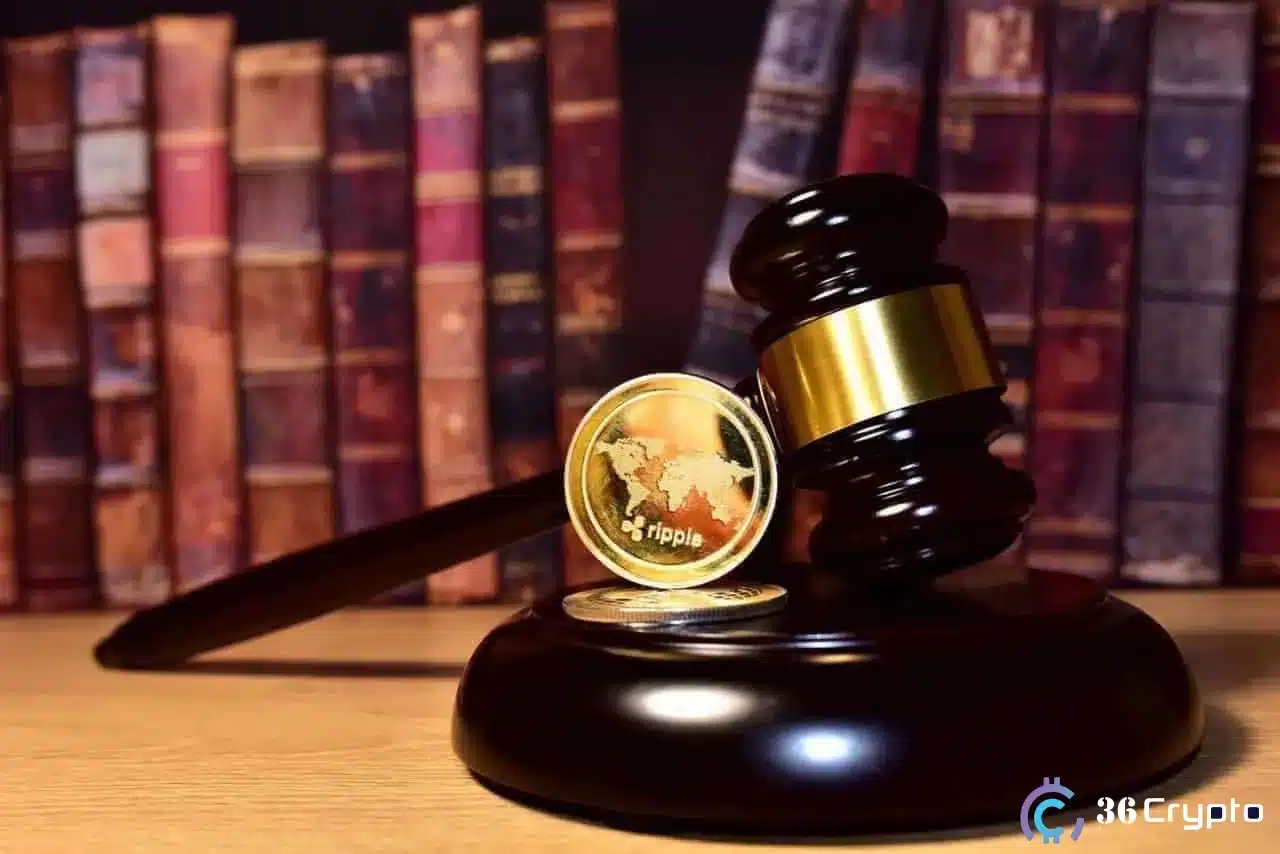The 2020 lawsuit filed by the United States Securities and Exchange Commission (SEC) against Ripple has left a significant mark on the cryptocurrency industry. According to trial attorney John Deaton, the sweeping nature of the SEC’s allegations severely disrupted Ripple’s operations and negatively impacted XRP’s standing in the market.
Deaton has been a vocal advocate for Ripple and the broader XRP community, emphasizing in a recent post on X (formerly Twitter) that the SEC’s actions had far-reaching consequences for Ripple’s business. He stated, “You cannot properly estimate the damage to Ripple’s business caused by the sweeping nature of the SEC’s complaint.”
Also Read: Ripple’s Bold Move: Trump Inauguration Memo Sparks XRP Price Surge to $2.39
Ripple’s Early Focus on Cross-Border Payments
Ripple’s journey began in 2012 when its founders created XRP, a digital asset designed to revolutionize cross-border payments. When Ripple was founded, there were no tokens, which offered this utility for the industry.
By 2019, Ripple had significantly worked in this area. That year, the token was listed on one of the largest exchanges, Coinbase, and MoneyGram integrated the token into its cross-border payment services.
However, the SEC lawsuit in December 2020 halted this momentum, leading Coinbase to delist XRP and MoneyGram to use Stellar (XLM), a competing network co-founded by former Ripple executive Jed McCaleb.
The lawsuit claimed that Ripple was running an unregistered security offering, and it also considered all transactions involving XRP to be unlawful, no matter their source. Many legal analysts, specialists, and industry representatives considered this broad classification unreasonable.
The Ripple Effect of SEC’s Actions
The lawsuit caused Ripple to lose key partnerships and created uncertainty in the broader cryptocurrency market. Some officials involved in the legal action worked with competing firms, and Deaton also noted that the action was helpful to Ripple’s competitors.
He said: “Indeed, it cannot be politics over how this case was filed, which has elements of massive conflicts of interest can be ignored.”
Despite the challenges, Ripple has continued to gain support from the XRP community and legal advocates like Deaton. Fellow attorney Bill Morgan praised Deaton’s efforts, describing his involvement in the case as a testament to “exceptional attorney integrity.”
Conclusion
As the legal battle between Ripple and the SEC unfolds, its implications extend beyond the courtroom. The case has sparked debates about regulatory clarity and fairness in the cryptocurrency industry. Ripple’s ability to navigate these challenges will likely shape its future and the broader adoption of XRP in global financial markets.
Also Read: Ripple’s Stuart Alderoty Outlines Principles for SEC Reform in 2025
